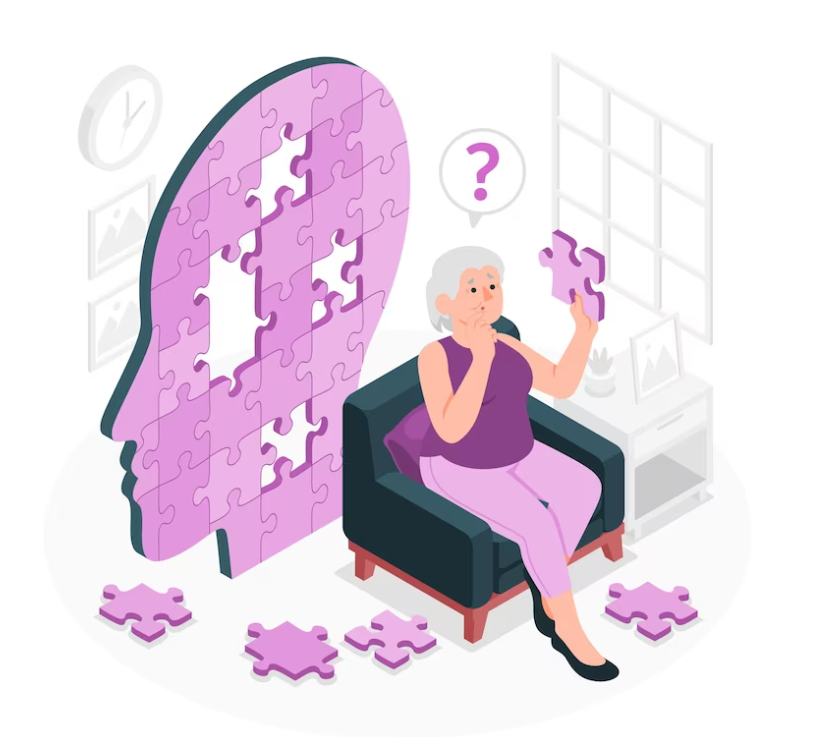
Understanding Different Types of Dementia: A Simple Guide
Introduction: Dementia is not a single disease but a term used to describe a group of symptoms related to a decline in cognitive function. There are several different types of dementia, each with its own causes, symptoms, and characteristics. Let’s explore some common types of dementia in simple terms.
- Alzheimer’s Disease: Alzheimer’s disease is the most common type of dementia, accounting for around 60-80% of cases. It is characterized by the buildup of abnormal proteins in the brain, which leads to the death of brain cells and the progressive loss of memory and cognitive abilities.
- Vascular Dementia: Vascular dementia is the second most common type of dementia and is caused by reduced blood flow to the brain. This can result from conditions such as stroke, small vessel disease, or other vascular disorders. Symptoms may vary depending on the location and severity of brain damage but can include memory loss, difficulty with reasoning, and problems with movement and coordination.
- Lewy Body Dementia: Lewy body dementia is characterized by the presence of abnormal protein deposits called Lewy bodies in the brain. It shares some symptoms with Alzheimer’s disease and Parkinson’s disease, including cognitive impairment, hallucinations, and motor symptoms such as tremors and stiffness.
- Frontotemporal Dementia: Frontotemporal dementia is a group of disorders characterized by progressive damage to the frontal and temporal lobes of the brain. This type of dementia often affects personality, behavior, and language skills, rather than memory. Symptoms may include changes in personality, impulsive behavior, and difficulty with language and speech.
- Mixed Dementia: Mixed dementia refers to a combination of different types of dementia, such as Alzheimer’s disease and vascular dementia. It is common for individuals to have multiple underlying causes of dementia, which can complicate diagnosis and treatment.
Conclusion: Understanding the different types of dementia is essential for accurate diagnosis and appropriate management. While each type of dementia has its own unique characteristics, they all share the common feature of progressive cognitive decline. By recognizing the signs and symptoms of dementia, individuals and their families can seek appropriate support and treatment.
Dementia isn’t just one condition; it comes in various forms. Here are some common types:
- Alzheimer’s Disease: The most prevalent type, causing memory loss and cognitive decline.
- Vascular Dementia: Caused by reduced blood flow to the brain, often due to stroke or other vascular issues.
- Lewy Body Dementia: Linked to abnormal protein deposits in the brain, leading to cognitive and motor symptoms.
- Frontotemporal Dementia: Affects the frontal and temporal lobes of the brain, causing changes in behavior, personality, and language.
- Mixed Dementia: When someone has more than one type of dementia, such as Alzheimer’s and vascular dementia.
Each type of dementia has its unique characteristics, symptoms, and challenges. Understanding these differences can help in diagnosis and care.
To seek medical advice, always consult a Doctor. Here are our recommended experts. Click here
To read more on Neurological Disorders. Click Here


